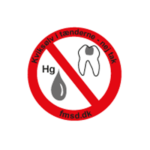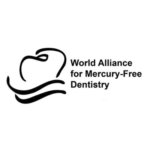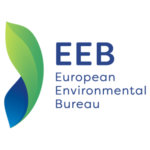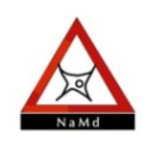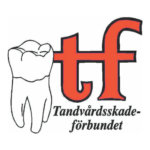The Council of Ministers of the Republic of Poland has adopted a first plan of “Possibilities of reducing the use of dental amalgam in Poland – situation and national actions“.
Unlike other European countries that have already decided to phase out the use of amalgam, this plan falls far short of expectations. It is foreseeing measures to protect the environment already in place in the EU, like the obligation of separators and the use of amalgam in its incapsulated form.
The actual use of amalgam should only be reduced from 2020 to 2030 by highlighting the risks of amalgam in the education of dentists, and raising public awareness by the Ministry of Health through mass media, brochures and the website of the government.
EKO UNIA, an environmental health NGO that has been a partner of the European Centre for Environmental Medicine for many years, considers the measures in the plan insufficient. “These measures won’t efficiently reduce the overall use of mercury in dentistry and facilitate patients the access to mercury-free fillings.”
With the Wrocław Declaration on Dental Amalgam, EKO UNIA is calling to generally phase out dental amalgam since alternatives are effective, available and affordable and urges the government for:
- a decision to phase out amalgam fillings in dentistry by 2025 at the latest,
- effective prevention of mercury emissions from dental waste to the environment and
- adjustment of statutory reimbursements by the National Health Fund to alternative filling materials.
The Wrocław Declaration was consulted with ecological, medical and dental communities, including members of the Supreme Medical Council, which supports a phase out of amalgam in Poland by 2025.
Regarding the EU Mercury Regulation, the government announced on October 10 that it will adapt it to Polish law and prepare a draft legislation by the 1st quarter of 2022.
This new legislation will designate authorities to develop a further plan to gradually reduce the use of amalgam and include:
- identifying the competent authorities to develop a national plan on the possibility of reducing dental amalgam and control compliance with the obligation to install amalgam separators in dental offices,
- introduce a sanctioning system – define the provisions of criminal and administrative fines for violations of the prohibitions under the Mercury Regulation;
- expanding the powers of inspection bodies in dental surgeries.
EKO UNIA, along with the NRL and numerous supporters, is calling on the Undersecretary of State of the Ministry of Climate and Environment to incorporate the phasing out of dental amalgam in this legislation and offers their support in developing a gradual implementation plan.





